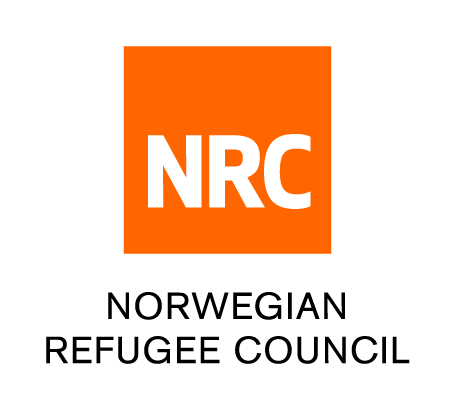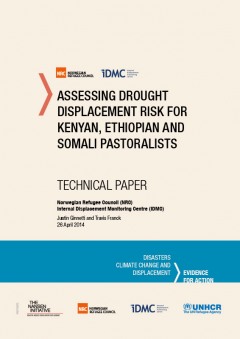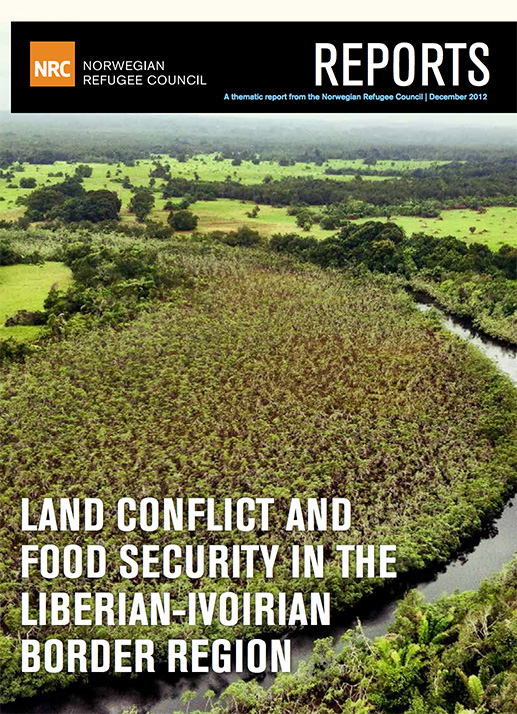The Norwegian Refugee Council (NRC) is an independent, humanitarian, non-profit, non-governmental organisation, which provides assistance, protection and durable solutions to some of the world’s 42 million refugees and internally displaced persons.
With humanitarian assistance programmes in 20 countries, NRC assists people to claim their rights, access available remedies, and recover from the effects of abuse and violations. NRC’s Information, Counselling and Legal Assistance (ICLA) supports beneficiaries in claiming and exercising their rights. ICLA provides information, counselling, legal assistance, collaborative dispute resolution, capacity- building and advocacy activities. An increasingly important area of NRC’s legal aid work supports displaced women as they seek to enforce their housing, land and property (HLP) rights.
Members:
Resources
Displaying 11 - 15 of 48Assessing drought displacement risk for Kenyan, Ethiopian and Somali pastoralists
A new way of thinking This study reflects emerging awareness of the need to see disasters as primarily social, rather than natural, phenomena. Individuals and societies can act and take decisions to reduce the likelihood of a disasters occurring or, at the very least, to reduce their impacts and the levels of loss and damage associated with them. Disasters are thus no longer being perceived as ‘acts of God’ but instead as something over which humans exert influence.
NRC Report: Securing housing, land and property rights for displaced women
Once relatively prosperous, Côte d’Ivoire is still emerging from crisis. Two waves of armed conflict and violence – in 2002 and following presidential elections in 2010 – both led to massive population upheaval, displacing around a million people on each occasion. Subsequent conflicts have exacerbated tensions over land between autochtones, allochtones and allogènes. Women have largely borne the brunt of the country’s conflicts and its protracted displacement crises.
Land Conflict and Food Security in the Liberian-Ivoirian Border Region
This thematic report is the fifth in a series on housing, land and property rights, and tenure, and land conflict in Liberia. It examines land tenure and conflict from a Liberia/Cote d’Ivoire cross-border perspective within the context of forced displacement caused by the 2010 post-election crisis.
Building momentum for land restoration towards property restitution for IDPs in Colombia
Building momentum for land restoration: Towards property restitution for IDPs in Colombia
According to the government agency Acción Social, around six per cent of national territory has been abandoned, while between 3.3 and 4.9 million people have been displaced by conflict and violence in Colombia. Roughly half of the internally displaced families owned or occupied land before their displacement. Almost all of them have lost it as a result.






